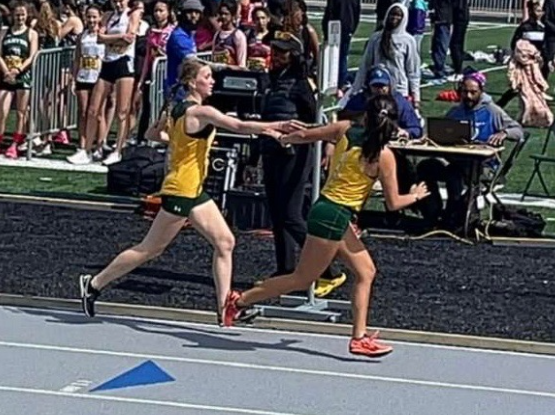Presidential election nears; Candidates’ journeys continue
October 20, 2020
The presidential election is a long, expensive process in which candidates participate for over a year, hoping to become the leader of our country.
Starting with campaigning, candidates will start as early as a year before primary events. According to the Washington Post, the 2016 election, Donald Trump spent over 300 million dollars, which was under half of what Hillary Clinton spent. This money goes into things such as salaries for their staffers, media advertising, rallies, polling, and more.
Now comes the caucuses. This is where local members of a political party gather to openly vote for their preference of candidate to be represented in running for office. A caucus requires the voters to be pre-registered as their voting party. ForeignAffairs reports that “turnout in caucuses tends to be lower than in primaries.” The turnout percent for caucuses in 2012 was less than half the turnout for primaries.
Held at the same time as caucuses, primaries are state-held elections for determining a preference of candidate through ballot voting. FindLaw explains the different types of primaries. A closed primary, similar to a caucus, requires you to be registered as a particular party–no independent voters. A semi-closed primary is when open to both party members and independent voters. An open primary allows anyone to participate in voting. Lastly, in a semi-open primary, anyone voting must request a party’s specific ballot.
The first of the caucuses and primaries starts on February 3, going all the way through to the end of August 11.
Next are the Presidential Conventions. According to The Atlantic, they are political conventions in which political parties pick who is the best to go onto the general election. Tracked by 270towin, the Democratic Convention goes from August 17 to August 20, and the Republican Convention goes from August 24 to August 27.
Nearing the end are three Presidential Debates. These debates provide much needed “exposure,” McAuliffe, a CNN reporter says. These debates happen at different intervals throughout September and October.
At last, on November 3, is the General Election. If you are a U.S. citizen over 18 who is registered to vote, you can vote for who you want to be president, as stated by usa.gov. However, you are indirectly voting for them because of the Electoral College.
When you vote, your vote is counted in the state. If the person you voted for wins the state, electors for the party in which you chose represent in the Electoral College, the National Conference of State Legislators explains. This is how Clinton won the popular vote, but never became president in 2016.












